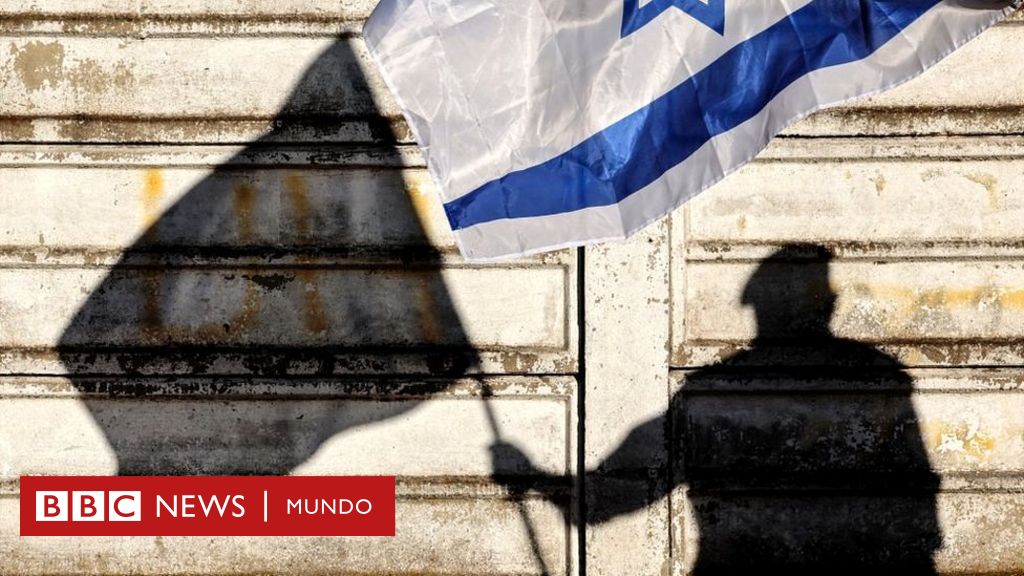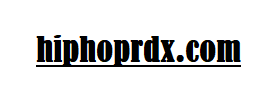
Hundreds of thousands of Israelis have protested against the judicial reform in recent months.
As flames engulfed melting tires on Tel Aviv’s main highway, doctors abandoned hospitals and Israel’s main airport remained closed, Benjamin Netanyahu kept the country on hold.
Unprecedented protests and strikes gripped Israel on Monday, the climax of months of dissent over government plans to remove the power of Israel’s judges.
Thus, with a nation in crisis, all parties were waiting for the prime minister to take action.
When he finally appeared on national television, maximizing his impact with a live speech at the start of the late-night news shows, he began by comparing his position to a story about King Solomon.
Just as the Biblical monarch had to judge which of two rival women was the true loving mother of a baby, he had made his own decision on the two parties disputing his reforms.
announced that would put a pause on judicial changes until the next session of parliament and said he would “reach out” for a “compromise” and “dialogue” with parliamentary opponents.
The announcement appears to have done enough to prevent, for now, a worsening of the crisis and to give the official opposition room to say they will stick to their word of reaching a negotiated compromise.
Also has divided the huge movement that he was campaigning against the reforms: the main opposition parties in parliament gave a cautious welcome to his decision, while leaders of street demonstrations denounced it as a temporary freeze to cast doubt on critics.
and they promised continue the protests.
image source, Reuters
Caption,
Benjamin Netanyahu said he would “put a pause” on the reforms to avoid a “rift between our people.”
But the far more important issues underlying this crisis – deeply divided Israeli Jews over the role of religion and the state, the dangerously fragile checks on government power, and a complete vacuum of political horizons for a shared future with the Palestinians-, remain unresolved and are only getting worse.
Netanyahu continued his metaphor: Just as a mother was unwilling to see King Solomon cut her baby in two, so he was unwilling, he said, to divide the country.
Many of his critics point out, however, that in reality the prime minister had months to dilute or stop the questioned reforms which started.
They accuse him of letting the country come to a boiling point in the first place.
For Netanyahu, his words had a clear implication: a minority among his opponents are to blame for the crisis and are prepared to cut the baby in half.
He said he was there to act responsibly. “I’m not willing to split the nation in two,” she said.
The speech seemed designed to draw attention to dividing lines, while giving Netanyahu an air of being the only one who could save the country from itself.
The protests intensified after Netanyahu returned to power late last year, leading the nationalist government. most right-wing in the history of Israel and vowing to rein in the powers of the judicial branch.
He organized an alliance of far-right parties to get the numbers for the coalition to return to power, and in this crisis he has become increasingly dependent on them.
The judicial changes would have given the government full control over the committee that appoints the judges and would ultimately strip the Supreme Court of crucial powers to strike down legislation it deems effectively unconstitutional.
The plans sparked one of the biggest political and social disputes of Israel’s modern era, much of which is based on fears by opponents that Netanyahu’s far-right, ultra-religious government it isn accelerating the country towards a theocratic regime.
image source, Reuters
Caption,
Opposition leader Yair Lapid called the events the “biggest crisis in the country’s history”.
Others say the changes could ultimately help shield Netanyahu from his corruption trial, a charge he rejects.
Supporters of the reforms say they will stop the “excessive reach” of judges whom they have accused of acting politically against the interests of their nationalist agenda, which they say is backed by the majority of Israelis.
But the opposition spilled over into the ranks of military reservists, prompting security chiefs to warn Netanyahu that dissent was affecting the operational capacity of the Israel Defense Forces (IDF).
This led Defense Minister Yoav Gallant to publicly urge a halt to the reforms. Netanyahu subsequently fired him, sparking the crisis on Monday.
Stop the fire
Much of the delay for Netanyahu to speak on Monday was because he was negotiating with the far-right ministers in his coalition to set the price for them to agree to halt the reforms.
That became clear Monday night when the far-right National Security Minister Itamar Ben-Gvir of the Otzma Yehudit (Jewish Power) party said that he would now go ahead with his plans for a “national guard”apparently financed by part of a multi-million dollar budget.
This would be a deployable armed force reporting directly to him, which he has previously described as a force aimed at quelling problems in “mixed” Jewish and Arab cities, or in high-crime areas among Palestinian citizens of Israel.
His opponents, and even parts of the Israeli police, they see it as a private militia.
Berti Ohio, the former head of police operations, said on Tuesday that such a force would create “chaos” with two security forces operating in the same area.
image source, EPA
Caption,
Government supporters gathered outside the parliament in Jerusalem on Monday.
Ben-Gvir’s political background stems from supporters of a violent jewish supremacist movement which is prohibited in the Israeli parliament.
He has prior convictions for racist, anti-Palestinian incitement and support for a terrorist group.
His own supporters demonstrated outside the Israeli parliament on Monday night, and far-right groups were later filmed attacking Palestinian bystanders.
Meanwhile, Palestinians in the occupied West Bank believe that Israeli settlers are now more emboldened than ever by the presence of their ultranationalist parties in Israel’s government, an atmosphere that helps fuel the recent increase in settler attacks.
As the political crisis in Jerusalem escalated on Monday, six Palestinians were injured in an attack on homes and vehicles in the West Bank town of Hawara.
Last week, two Israeli soldiers were wounded there in a Palestinian drive-by shooting.
The town was the scene of riots by armed settlers last month that left one man dead and hundreds injured after two Israelis were shot dead by a Palestinian gunman.
Far-right Finance Minister Bezalel Smotrich later called for the city was “annihilated”.
Residents told the BBC at the time that Israeli security forces they stood aside some fired stun grenades and tear gas at the victims of the attack while protecting settlers.
image source, EPA
Caption,
Vehicles were set on fire during an attack by Israeli settlers in the Palestinian town of Hawara on Monday.
Some Israeli anti-government protesters compared the police’s use of force against them to their lack of action against West Bank settlers.
“Where were you in Hawara?” they yelled at security forces in Tel Aviv.
The demonstrations have given a role to the Israeli left and the remnants of the “camp of peace”, but it has not been very prominent.
In fact, at the start of the protests, some protesters attacked others who were carrying Palestinian flags.
Instead, the main opposition groups claim that this flood of secular and mostly liberal Israelis is the real demonstration of Zionism, patriotism and democracy.
The demonstrations were filled with Israeli flags. Opposition leader Yair Lapid began referring to Netanyahu’s far-right and religious coalition as “anti-Zionist” and a dangerous threat to national security.
This is a battle for the identity of the state.
With no detailed timetable for Netanyahu’s promise to halt the reforms or for apparent negotiations, his speech on Monday marks only a ceasefire; the fight is ready to resume.
Remember that you can receive notifications from BBC Mundo. Download the new version of our app and activate them so you don’t miss out on our best content.
